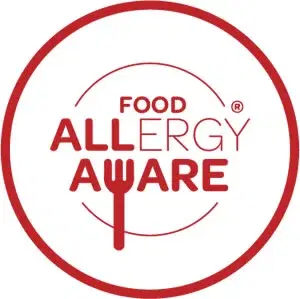The National Allergy Council receives funding from the Australian Government Department of Health, Disability and Ageing.
Learn more about National Allergy Council Programs


Who we are
The National Allergy Council is a partnership between the Australasian Society of Clinical Immunology and Allergy (ASCIA) and Allergy & Anaphylaxis Australia (A&AA).
Through our important projects we deliver a wide range of evidence-based public health initiatives, educational resources and training programs to help improve the lives of the eight million Australians living with allergy. We aim to reduce the impact of allergies on the Australian community and health system.
Discover more
 More
More allergy assist® expanded
allergy assist® will continue to support GPs and rural generalists with advice from a clinical immunology/allergy specialist.
 More
More Food service focus groups
We are conducting focus groups with staff and consumers to inform communication about food allergies in food service.

 More
More Updated food allergy prevention guidelines
ASCIA Infant feeding for food allergy prevention guidelines have been updated and published.

 More
More Allergy 250K camps
Our next Allergy 250K school-aged kids camp will be held in March 2026. Follow @allergy250k on Facebook & Instagram for the latest camp highlights and announcements.
Latest news
Allergic disease has become an increasingly important chronic disease and public health issue in Australia and other developed countries over the past two decades.
National Allergy Strategy
The National Allergy Council continues to implement the National Allergy Strategy.
Implementing the National Allergy Strategy will help to improve the health and quality of life of Australians with allergic diseases, and minimise the burden of allergic diseases on individuals, their carers, healthcare services and the community.
